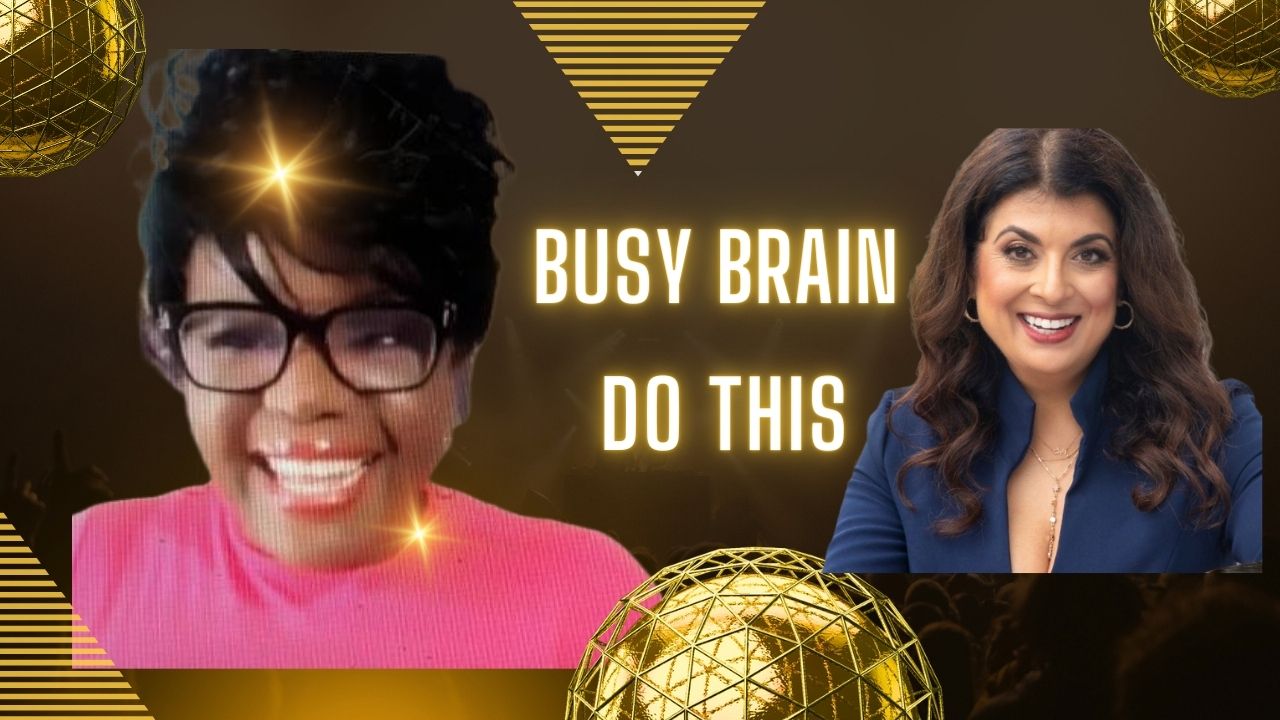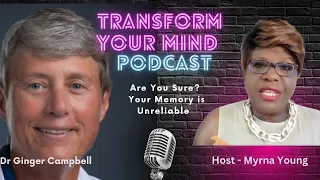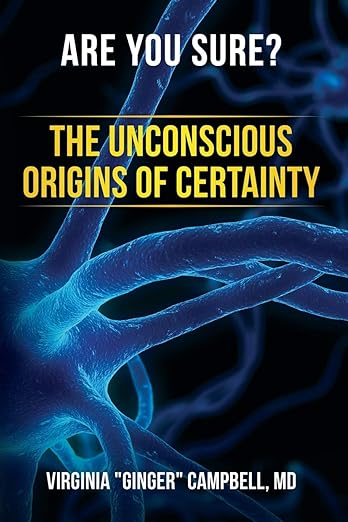Dr. Romie expounds on leveraging, mindfulness techniques, to combat stress, manage a “busy brain,” and promote overall wellness. In today's world, where stress and burnout have become commonplace, the quest for achieving inner peace seems ever more urgent. Dr. Romie Mushtaq, a board-certified physician merging neurology, integrative medicine, and mindfulness, offers transformative insights into tackling these overwhelming challenges that modern lifestyles impose.
Download the podcast here:
Key Takeaways:
- Mindfulness can be a potent tool for, managing stress, and combating the “busy brain” syndrome, characterized by anxiety, focus issues, and insomnia.
- Restoring one's, circadian rhythm, and addressing underlying medical conditions, such as, thyroid disease, can be pivotal in, managing stress, and sleep problems.
- An eight-week protocol, as outlined in Dr. Romie Mushtaq book “The Busy Brain Cure,” provides a structured approach to finding focus, managing anxiety, and, improving sleep quality.
Mindfulness Techniques for Busy Brains
The Phenomenon of the Busy Brain
The term “busy brain” reflects a condition that goes beyond the normal plethora of daily thoughts. It refers to a state where an individual's brain is constantly in overdrive, marked by an inability to focus, heightened anxiety, and persistent sleep disturbances. As Dr. Romie explains, a, busy brain, is not merely about having many thoughts, but primarily about the uncontrolled and intrusive nature of these thoughts. Particularly negative ones, that people struggle to manage.
“A busy brain is you have a pattern of inflammation in your brain that's causing these three symptoms. […] difficulty focusing, feeling anxious, and insomnia.”
By understanding that a, busy brain, is a condition amplified by, chronic stress, and inflamed neurological pathways, the first step towards managing it lies in recognizing its symptoms and impact on our daily functions.
Sponsored Ad
Looking for a customized health plan? Let me introduce you to Wild Health. Wild Health takes a proactive and preventative approach to healthcare.
If you have a specific health goal, Wild Health tailors a care plan to help you live longer
Wild Health is generously extending Transform Your Mind listeners 20% off the cost of membership with code Head over to WildHealth.com/TRANSFORM and use code TRANSFORM at checkout.
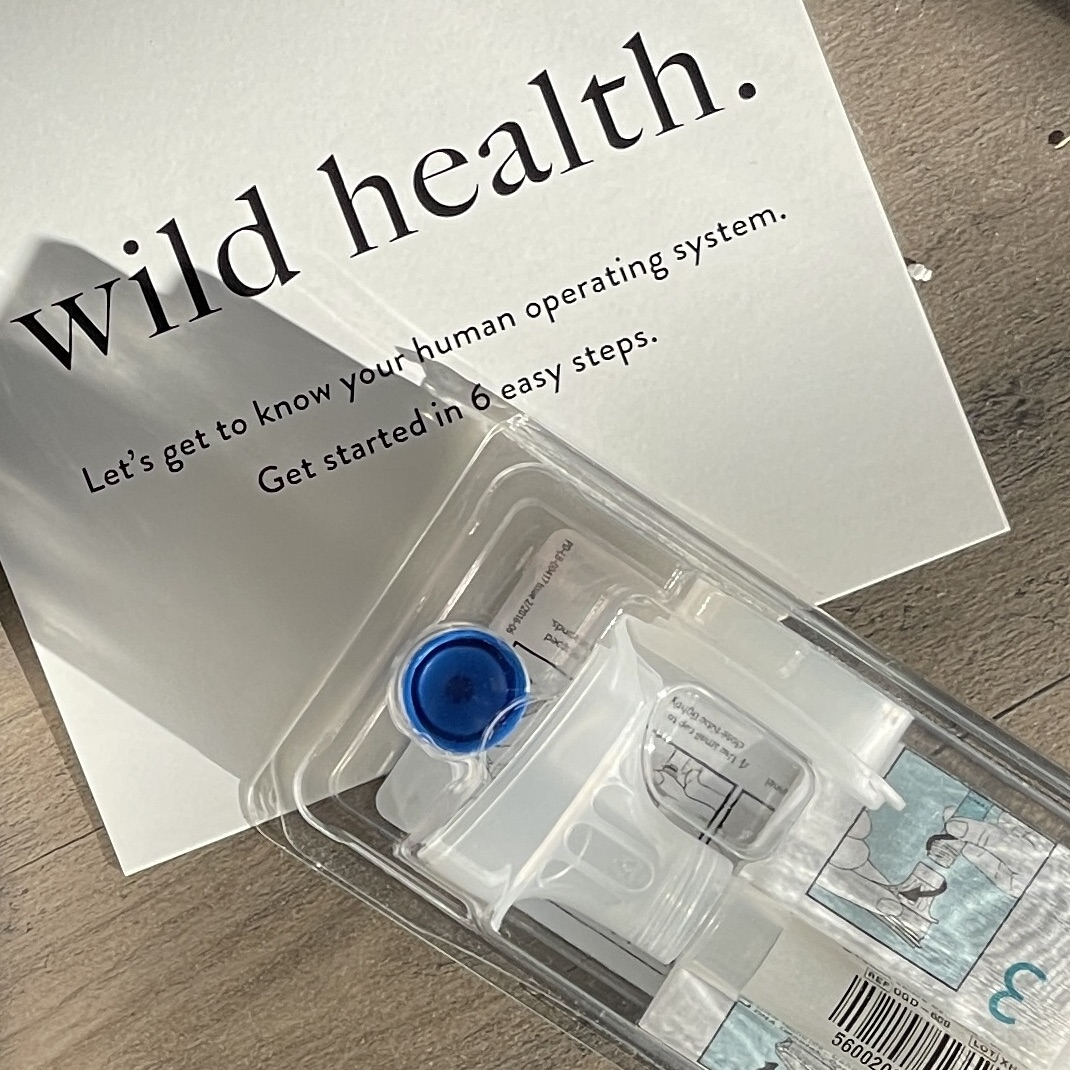
Mindfulness Techniques: Sound healing
Incorporating, sound healing, as one of the, mindfulness techniques, that serves as a gateway to mindfulness for those who find sitting in silence daunting. Dr. Romie underscores the significance of, sound healing, in aiding cognitive focus and emotional regulation. Drawing upon its ancient roots and scientific validation. The use of, binaural beats, and certain frequencies of music can bring one's brain back into focus.
“The idea was, to use binaural beat sound healing, where you're using headphones to listen to a certain frequency of music, and that can actually help bring your brain back into focus.”
The practice presents a dynamic and accessible approach to mindfulness. Catering to the modern individual's need for immediate and tangible relief from the incessant chatter of a, busy brain.

Addressing Sleep Patterns and Underlying Health Issues
Correcting sleep patterns is crucial for managing a, busy brain. Dr. Romie prescribes a seven-day sleep challenge based on, cognitive-behavioral therapy, for insomnia that addresses lifestyle habits disrupting our natural, sleep cycle. She also highlights the importance of investigating and treating underlying health issues, such as thyroid disease, which are often overlooked.
“We ask people to actually abstain from alcohol for two to three weeks, because that will wake you up in the middle of the night and prevent you from going to deeper stages of sleep.”
By combining adjustments in sleep hygiene with medical scrutiny, people can considerably reduce the symptoms of a, busy brain, and lay the foundation for improved, mindfulness techniques.
Sponsored Ad
This Year take your business to the next level with a Shopify online store. Whether you are Selling a little or a lot Shopify helps you do your thing, however you cha-ching.
Shopify is the global commerce platform that helps you sell at every stage of your business.
Sign up for a one-dollar-per-month trial period at SHOPIFY.COM/transform, ALL LOWERCASE.
Go to SHOPIFY.COM/transform now to grow your business–no matter what stage you’re in.

Cultivating a Culture of Wellness through Mindfulness Techniques
The Integration of Mindfulness in Corporate America
Dr. Romie stresses that, chronic stress, is not just an individual issue but a systemic one that requires organizational change. Her work in corporate America, educating Fortune 500 companies and scaling mindfulness programs, denotes a significant shift in how businesses address employee wellness.
“What if I got real and really thinking about your audience and what your podcast focused on is I had the wrong mindset on what success was. […] We can't expect the workforce to be like this.”
Through promoting, mindfulness techniques, and creating programs tailored to the corporate environment, Dr. Romie is challenging long-established beliefs about success and productivity that have often come at the expense of mental well-being.

Personal Narratives and Finding Common Ground
The concept of renting success from one's well-being resonates with many, and the narratives shared in “The Busy Brain Cure” offer diverse perspectives, helping readers identify with the issues at hand. Such personal stories are vital in breaking down the stigma attached to stress and mental health struggles in professional circles.
“I remember knowing what it was like to walk those hospital corridors in this really dark place. We didn't have terms of mental health crisis or burnout back then, and I felt so alone.”
Dr. Romie's openness about her journey paves the way for a more empathetic understanding of, stress management. It invites individuals and organizations to take a more humane approach to performance and success.
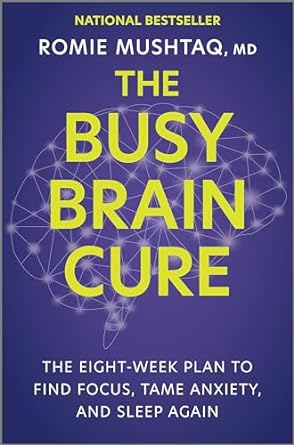
The Busy Brain Cure: An Empowering Protocol for Mental Health
The “Shift” Protocol: Structured and Holistic Approach to Healing
Dr. Romie's book introduces readers to the “Shift” protocol, which holistically addresses Sleep, Hormones, Inflammation, Food as Fuel, and Technology's role in our lives. By following these carefully outlined steps, individuals can embark on a transformative journey that promises relief from the mental chaos that afflicts so many.
“We walk you through the eight-week protocol, little brain shifts or micro habits to do to heal these key five areas that will help you heal.”
This guided structure empowers readers to take actionable steps towards reclaiming control of their mental and emotional well-being.
By recounting the efficacy of incorporating mindfulness into, stress management, practices and underlining the importance of addressing sleep and medical issues, Dr. Romie Mushtaq delivers a powerful message about the capabilities of introspective healing. Bolstered by the launch of her book, “The Busy Brain Cure,” she offers a comprehensive plan to mitigate the, busy brain, phenomenon—a strategy that promises not just immediate relief but a sustained journey towards a mindful and balanced life. With her professional insight and personal passion, Dr. Romie exemplifies the transformational impact of blending traditional wisdom with contemporary science, providing hope and practical solutions to those navigating the turbulent realities of our time.

